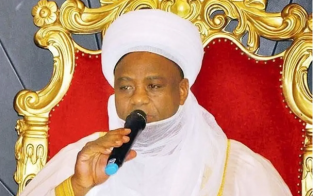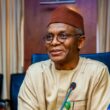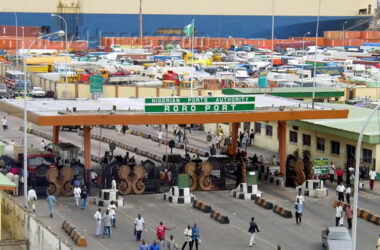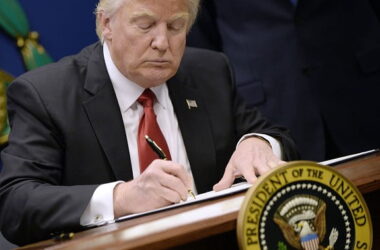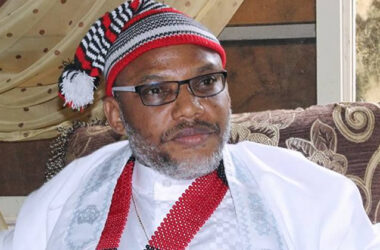The Sultan of Sokoto, Alhaji Muhammad Sa’ad Abubakar III, has expressed deep concerns about the increasing violence and insecurity in Nigeria, emphasizing that traditional rulers are more affected by the killings across the country than politicians.
Speaking at the 7th Executive Committee Meeting of the Northern Traditional Rulers Council in Maiduguri on Tuesday, the Sultan noted that the gathering of over 86 northern traditional rulers marked a united front against the ongoing bloodshed.
The traditional leaders have come together as custodians of peace and unity to address the critical security challenges facing the country, particularly in northern Nigeria.
“Our coming together as traditional rulers in the North, I believe we have more than 86 in the North. We will speak with one voice to say ‘enough is enough’ of this senseless killing of innocent people across the North and across the country,” the Sultan said, stressing that the escalating violence has gone on for too long.
He expressed frustration with the continued killings and questioned how many more condemnations were necessary before the country’s political leaders and security agencies could take significant action to reduce the violence.
The Sultan also expressed the sorrow felt by traditional rulers when their people are killed by unknown assailants, pointing out that the entire region was deeply saddened by the ongoing loss of life. He called for a more proactive approach to tackling insecurity and stated that traditional leaders would work closely with political figures to find lasting solutions.
“We, the traditional rulers, feel bad and saddened when our people are killed by people we don’t know. It’s high time we worked harder, talk to ourselves, and in closed-door meetings, discuss it,” he said.
Despite his concerns, the Sultan noted that he remains hopeful that the security situation in the north can improve, provided that all stakeholders, including political leaders, traditional and religious authorities, and citizens, work together sincerely. He emphasized that traditional rulers are not in competition with the governors of their states but are instead offering support to the political leadership.
In the meeting, the Sultan also acknowledged the growing threat posed by Boko Haram insurgents in the region, particularly in Borno State. He mentioned reports of Boko Haram fighters making a comeback in the state, urging the people to remain hopeful and trust that “Insha Allah, Almighty Allah will give us the strength and wherewithal to defeat them.”
He noted that insecurity is not unique to Nigeria, citing examples of violence in other parts of the world. However, he underscored the need for a collective response to address the increasing violence, pointing to incidents like the recent attacks in Plateau State, where over 100 people were killed in one week. He also reminded the public not to attribute criminal activities to any one ethnic group or religion, noting that all communities have both good and bad people.
The meeting was officially opened by the Vice President, Kashim Shettima, who was represented by Borno State Governor Babagana Umara Zulum. Governor Zulum, in his remarks, stressed the importance of empowering the youth in the northern region to prevent them from falling into criminal activities. He highlighted the vast untapped potential of the youth, urging stakeholders to focus on vocational training, entrepreneurship, and digital skills to harness their energy for development.
Governor Zulum also noted the significance of agriculture in the northern economy and called for efforts to support farmers and enhance agricultural activities in the region. He suggested that empowering young people and supporting the agricultural sector would contribute to a more stable and secure northern Nigeria.
The Inspector General of Police, Kayode Egbetokun, represented at the meeting by the Assistant Inspector-General of Police, Kenechikwu Onwuemelie, also spoke, stating that sustainable security could only be achieved if all sectors of society worked together. The IGP reaffirmed the commitment of the Nigerian Police Force to collaborate with traditional rulers, government agencies, and citizens in safeguarding communities and advancing northern Nigeria’s development.
Governor Zulum further raised concerns about the state of security in Borno, warning that the state risks slipping back into the turmoil of Boko Haram control due to recent attacks and the ongoing presence of insurgents. He expressed alarm over the infiltration of militants into internally displaced persons (IDP) camps, where they hide after committing violent acts. Despite these challenges, the Nigerian government remains committed to combating terrorism and insurgency, according to a statement from the Minister of Information, Mohammed Idris.





